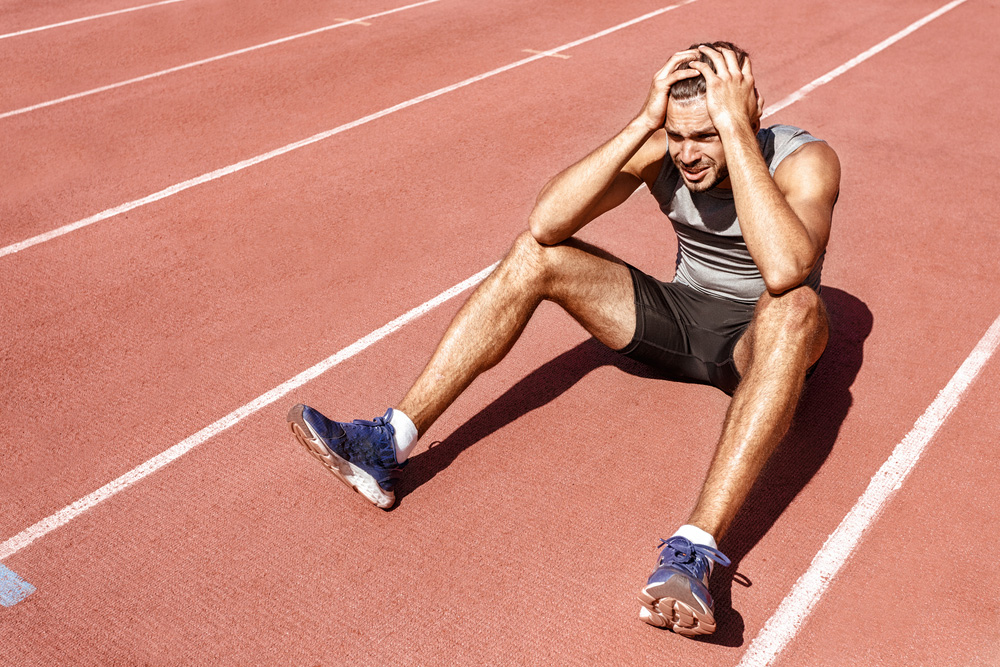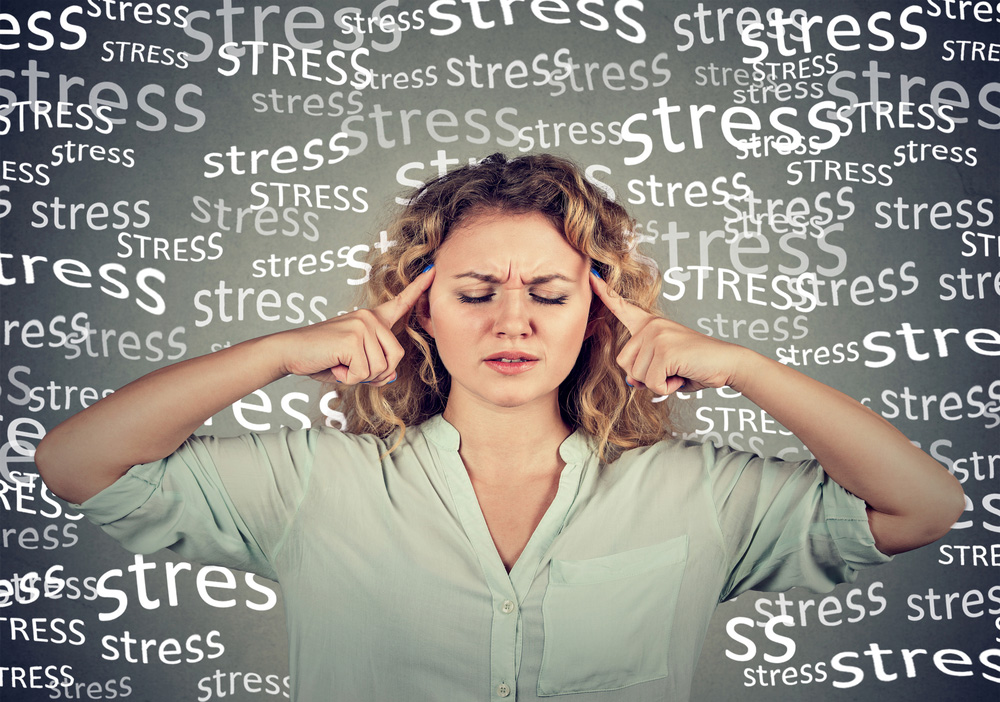Stress is very common in our time, it is the new evil of the century. However, it plays an essential role in performance, whether at work or during a sporting performance. We explain everything about this emotion.
Is stress an ally in sports performance?
Most of the time, stress is seen as a disruptive element of daily life. We often hear people say that the cause of their problem is stress. This is a misperception of mankind. Stress can be an excellent ally in everyday life as well as in sports.
Stress allows us to adapt to the constraints that oppose life. It happens on the side of the organism which will get used to the pressure. Everything will be affected, including sports. These different types of stress can be characterised in psychological stress and physiological stress.
Also, a hormone called cortisol helps to regulate energy, very useful for sport.
How to control stress?
It is necessary to understand how serotonin works in order to control stress. This hormone, known as the well-being hormone, is present in the body as an autacoid. It is present throughout the body, of which 1% is represented in the brain. It is a fundamental agent in the brain and even has vital implications.
By being in control of the brain, it performs mood management acts and brings back the feeling of happiness. This feeling has one condition: serotonin must have a balanced level in the body. With this level, it influences the emotion and reduces the risk-taking actions of an individual. The individual in question will put himself in a situation that inspires confidence.
It therefore has an impact on stress, as it will reduce it. It is also a natural energiser, because at the same time it can increase the drive of a person's zeal. All of this is governed by the mood.
How to get this balance? By practising sport from time to time. A phenomenon that will make the muscles react will produce serotonin in a balanced quantity. The positive mood will indeed be present, the zeal will remain and the feeling of well-being will also remain. The reorganisation of the hormone in the body will allow a good energy management and stimulate a long-lasting positive energy. This is present even several hours after the physical activity.
Stress is good, but harmful when frequent
It is important to understand that stress is a normal reaction of the body. When a person feels attacked or is in danger, the body will fight. That is, all the hormones will react to counteract the stress.
Stress can be alarming at the beginning. In this phase the organism prepares itself to counter a short-lived attack.
Afterwards, there is resistance. The body will reorganise its energy to fight to the maximum and adapt to the stress.
And, there is exhaustion, where the body has exhausted all its resources, it will give up. The immune system will then be attacked. Hence the cardiovascular and migraine diseases.
If the stress is chronic, the last phase will be reached. In the case of a sportsman this can reduce his performance and his mastery of the field.
Once the last phase is reached, there will be an upheaval in the human body and will favour the entry of a type of stress, that is the oxidative or radical stress. Indeed, it will be a natural reaction useful to the human body, but if there is too much of it it will become harmful.
What is oxidative stress?
Psychological stress should not be confused with oxidative stress. In the case of oxidative stress, there is an excess of oxidant. It is an attack of free radicals, substances produced by oxygen in the cells on the cells. It is caused by an imbalance of free radicals due to smoking, alcohol, inflammation.
The right diet to adopt
Every ideal food relates to the function of stress.
Oxidative stress can be caused by inflammation (from disease). Foods rich in omega-3, vitamin B and magnesium are highly recommended, such as salmon and eggs. They provide stability in the contraction of the nerves.
To promote the secretion of dopamine (happiness hormone) and serotonin, it is necessary to consume foods rich in proteins.
Foods that are mainly made up of antioxidants and prebiotics are necessary to counteract oxidative stress. We can distinguish between vitamins A, E, C and manganese.
Some plants help to adapt to pressure such as maca, gingeng.
Keeping calm, meditation
For a sportsman, regaining self-confidence is necessary. In big competitions for example, stress will increase. The body will react positively and counteract this fear. Apart from that, it will be necessary to concentrate and to build up a peaceful and calm atmosphere. At this point, in order to regain confidence, it will be necessary to imagine the success that will already be established.
The feeling of well-being in the perception of an already successful technique will reassure the athlete. This phase is connected to the second phase of stress, that of resistance. The body will then reorganise the function of each hormone and manage the energy stored in the body. This adaptation phase and meditation are the best way to control this phase.
Everyone has their own way of dealing with stress. Some decide to fight it, in the resistance phase, and some decide to run away. Running away is also a form of fighting. Certainly, meditation and self-confidence building are a way to fight to win. A rise in strength is possible, if the athlete knows how to manage this phase.
The role of breathing
Breathing has an important impact on stress management. The so-called abdominal breathing consists in regulating the breath and makes the organism less vulnerable to external events. This is done by lying down and breathing through the nose to inflate the belly. With the mouth closed, the breath is held and then slowly exhaled. This action must be repeated.




